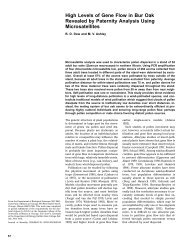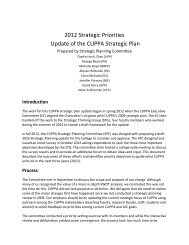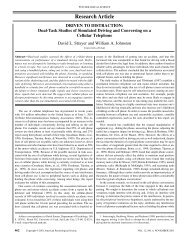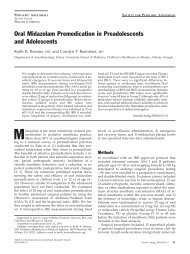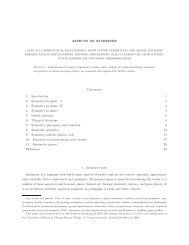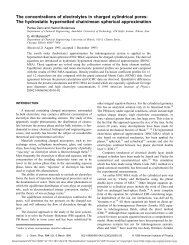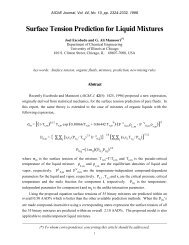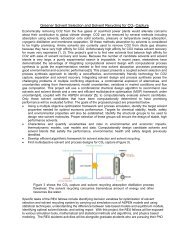Repeating Lenin by Slavoj Zizek
Repeating Lenin by Slavoj Zizek
Repeating Lenin by Slavoj Zizek
Create successful ePaper yourself
Turn your PDF publications into a flip-book with our unique Google optimized e-Paper software.
<strong>Repeating</strong> <strong>Lenin</strong> <strong>by</strong> <strong>Slavoj</strong> <strong>Zizek</strong><br />
9/20/11 2:53 PM<br />
terrain of monopoly capitalism may appear dangerously naive today:<br />
“Capitalism has created an accounting apparatus in the shape of the banks, syndicates, postal service,<br />
consumers’ societies, and office employees unions. Without big banks socialism would be impossible.<br />
/.../ our task is here merely to lop off what capitalistically mutilates this excellent apparatus, to make it<br />
even bigger, even more democratic, even more comprehensive. /.../ This will be country-wide bookkeeping,<br />
country-wide accounting of the production and distribution of goods, this will be, so to speak,<br />
something in the nature of the skeleton of socialist society."49<br />
Is this not the most radical expression of Marx’s notion of the general intellect regulating all<br />
social life in a transparent way, of the post-political world in which “administration of people” is<br />
supplanted <strong>by</strong> the “administration of things”? It is, of course, easy to play against this quote the<br />
tune of the “critique on instrumental reason” and “administered world /verwaltete Welt/": the<br />
“totalitarian” potentials are inscribed in this very form of total social control. It is easy to remark<br />
sarcastically how, in the Stalinist epoch, the apparatus of social administration effectively<br />
became “even bigger.” Furthermore, is this postpolitical vision not the very opposite of the<br />
Maoist notion of the eternity of the class struggle (“everything is political”)?<br />
Are, however, things really so unambiguous? What if one replaces the (obviously dated)<br />
example of the central bank with the World Wide Web, today’s perfect candidate for the<br />
General Intellect? Dorothy Sayers claimed that Aristotele’s Poetics effectively is the theory of<br />
the detective novels avant la lettre — since the poor Aristotle didn’t yet know of the detective<br />
novel, he had to refer to the only examples at his disposal, the tragedies... Along the same lines,<br />
<strong>Lenin</strong> was effectively developing the theory of a role of World Wide Web, but, since WWW<br />
was unknown to him, he had to refer to the unfortunate central banks. Consequently, can one<br />
also say that “without the World Wide Web socialism would be impossible. /.../ our task is here<br />
merely to lop off what capitalistically mutilates this excellent apparatus, to make it even bigger,<br />
even more democratic, even more comprehensive”? In these conditions, one is tempted to<br />
resuscitate the old, opprobrious and half-forgotten, Marxian dialectics of the productive forces<br />
and the relations of production: it is already a commonplace to claim that, ironically, it was this<br />
very dialectics which buried the Really Existing Socialism: Socialism was not able to sustain the<br />
passage from industrial to postindustrial economy. However, does capitalism really provide the<br />
“natural” frame of the relations of production for the digital universe? Is there not in the World<br />
Wide Web an explosive potential also for capitalism itself? Is not the lesson of the Microsoft<br />
monopoly precisely the <strong>Lenin</strong>ist one: instead of fighting its monopoly through the state<br />
apparatus (recall the court-ordered split of the Microsoft Corporation), would it not be more<br />
“logical” just to SOCIALIZE it, rendering it freely accessible?50<br />
http://www.marxists.org/reference/subject/philosophy/works/ot/zizek1.htm<br />
Page 32 of 57



